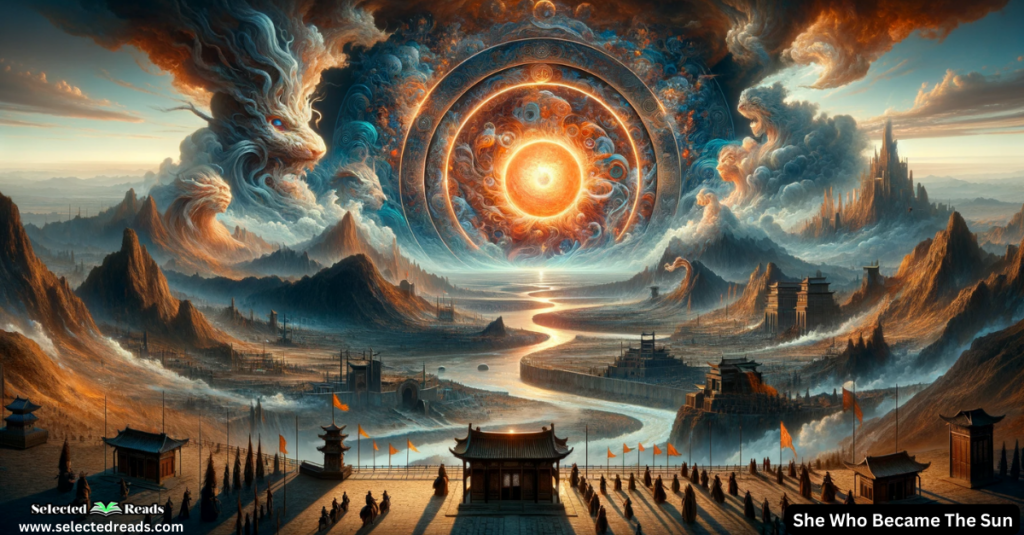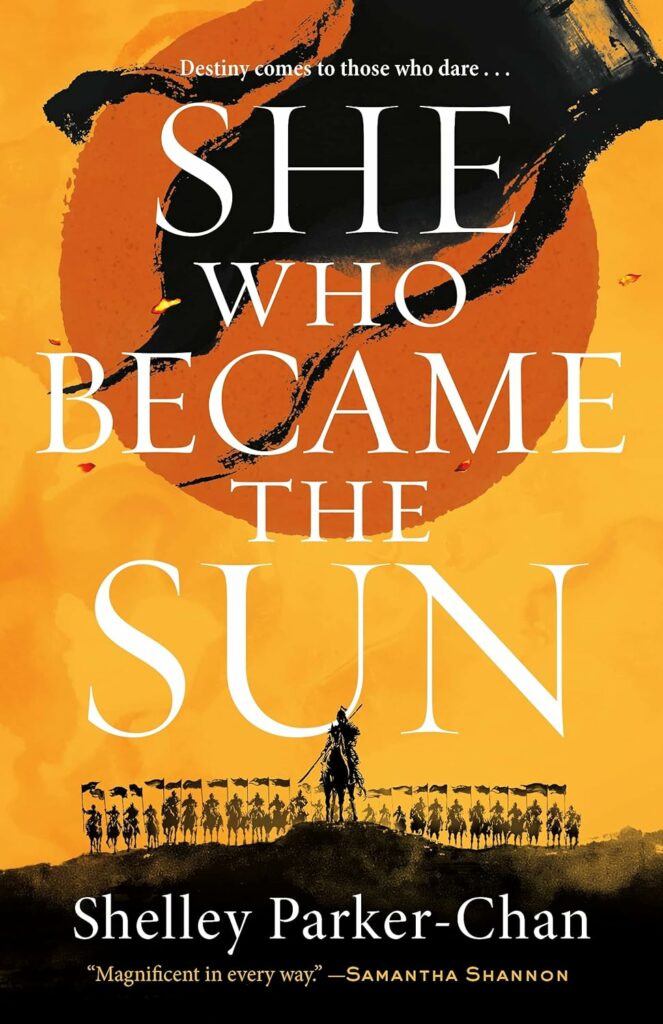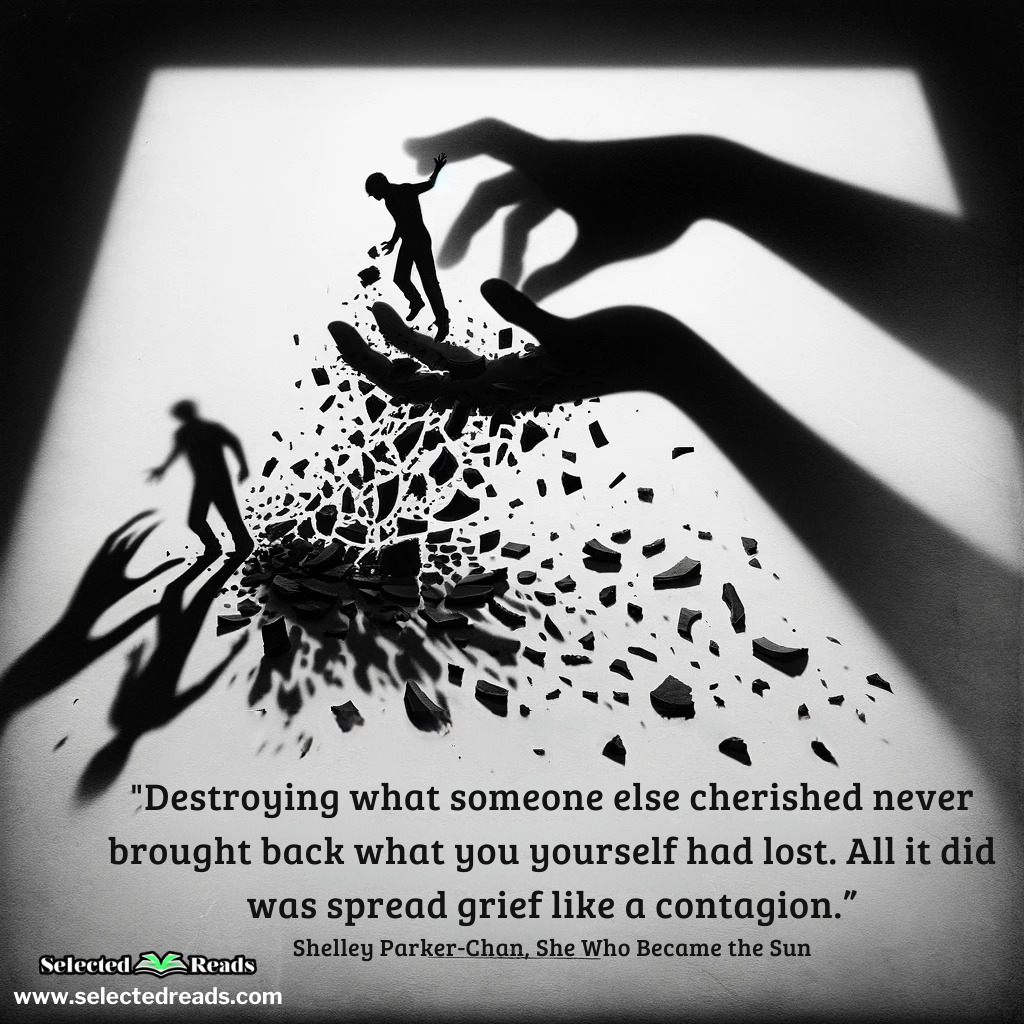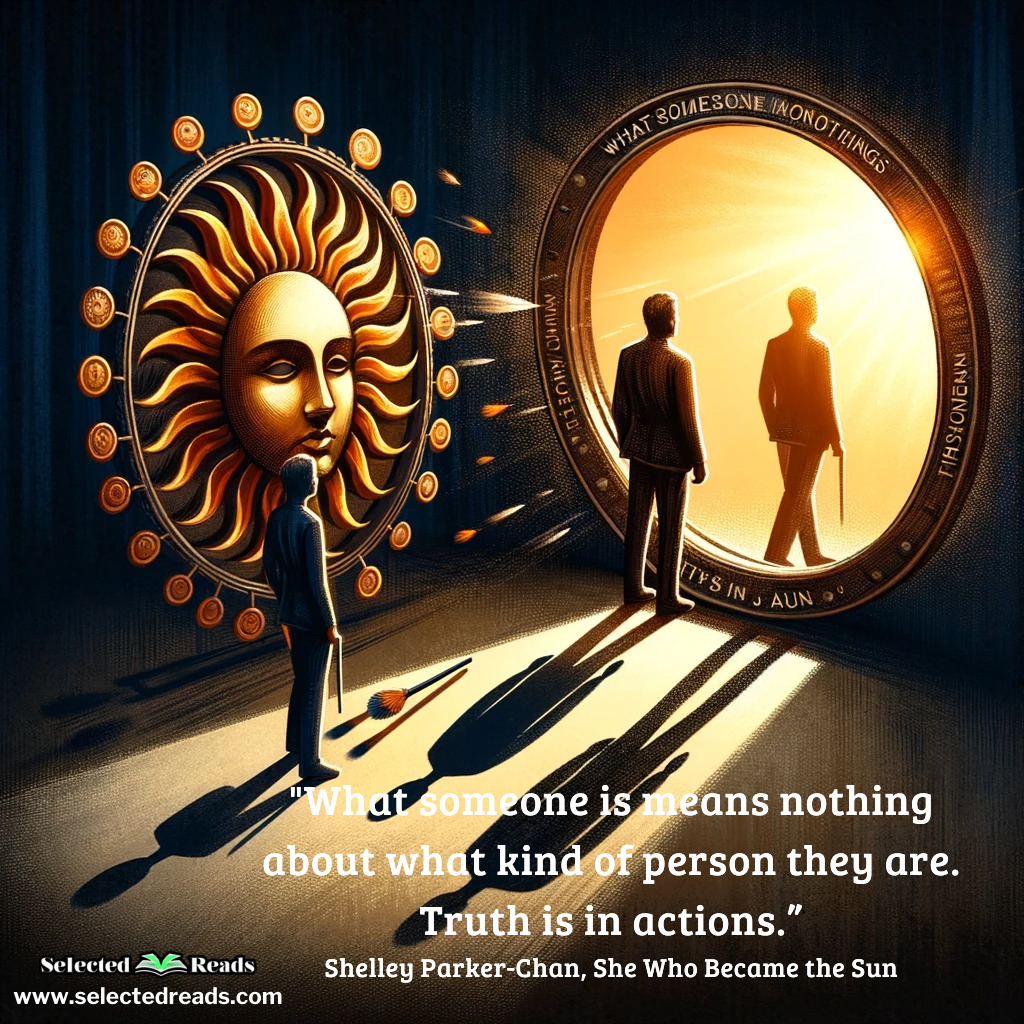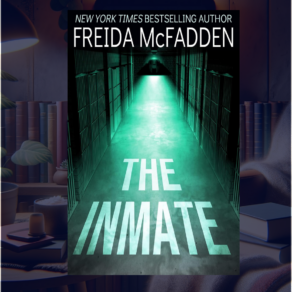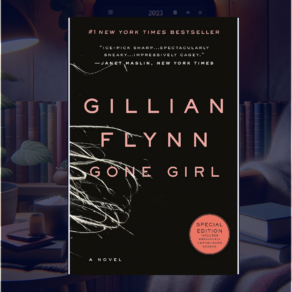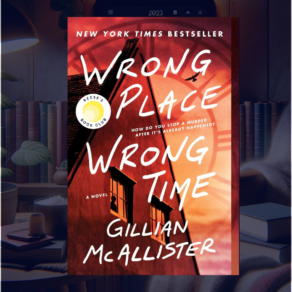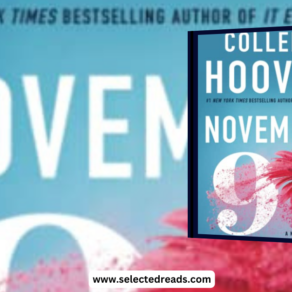In our discussion of this historical epic “She Who Became the Sun” by Shelley Parker-Chan, we’ll delve deep into the core of this mesmerizing narrative, a story that reimagines the rise of the Ming Dynasty’s founding emperor through a lens of destiny, identity, and sheer force of will.
First, we will start with an extended summary, we’ll unfold the intricate layers of the plot, setting the stage for a vivid understanding of the world Parker-Chan has crafted. Next, we’ll cast a spotlight on the key characters, each a complex individual whose actions and desires weave the rich tapestry of this narrative.
We’ll also savor some thought-provoking quotes from the book, the words that echo the novel’s themes and resonate with readers on a profound level. Finally, we’ll culminate our discussion with a set of carefully curated book club questions designed to spark in-depth dialogue and reflection, providing a platform for readers to engage with the novel’s themes of fate, identity, and power on a deeper level.
She Who Became The Sun Summary
“She Who Became the Sun” by Shelley Parker-Chan is a compelling narrative that intricately weaves themes of destiny, identity, and power against the backdrop of a tumultuous period in Chinese history. The story unfolds during the Mongol occupation of China in 1345, a time when the common folk cling to stories of greatness to escape the desolation of their everyday lives.
In this harsh setting, we are introduced to two siblings, each bestowed with a prophetic fate at birth. The eighth-born son, Zhu Chongba, is surprisingly destined for greatness, a future that bewilders all. In stark contrast, the family’s second daughter, intelligent and competent, is resigned to a fate of obscurity and nothingness, a grim prospect that mirrors the societal expectations of women during that era.
However, the narrative takes an unexpected turn when a bandit attack leaves the siblings orphaned. It is Zhu Chongba who surrenders to despair, leaving the world prematurely. Seizing an opportunity to defy her destined insignificance, the sister cunningly adopts her brother’s identity and enters a monastery disguised as a male novice. In this new life, she is driven by an unyielding will to survive, discovering an inner resilience and readiness to engage in morally ambiguous actions to protect her secret and evade the grasp of her foretold fate.
Photo: Amazon
The monastery becomes a temporary haven until it falls prey to the consequences of supporting a rebellion against the Mongol rulers. Amidst the chaos, Zhu sees another opportunity to redefine her destiny. She boldly embraces the path of greatness her brother abandoned, embarking on a relentless quest to achieve the Mandate of Heaven. What ensues is a remarkable journey of transformation and ambition, as Zhu navigates the complexities of power, gender, and identity in a society bound by rigid hierarchies and brutal oppression.
Parker-Chan’s novel is a profound exploration of what it means to claim one’s place in a world that is all too ready to decide it for you. The book resonates deeply with themes of resisting predetermined roles and forging one’s own path, all set against a richly painted historical canvas.
Related: The Four Winds Summary
She Who Became The Sun Characters
“She Who Became the Sun” by Shelley Parker-Chan presents a vivid tapestry of characters, each richly drawn and complex, reflecting the novel’s deep exploration of identity, ambition, and destiny. Here are some of the central characters:
- Zhu Chongba (the sister): Originally the unnamed second daughter of the Zhu family, she assumes her brother Zhu Chongba’s identity after his death. Her character is the heart of the narrative, showcasing resilience, intelligence, and a fierce determination to redefine her fate from “nothing” to “greatness.” Her journey is one of survival, transformation, and defiance against the gender norms and societal expectations of her time.
- Zhu Chongba (the brother): The eighth-born son of the Zhu family, he is prophesied to achieve greatness. However, his story takes a tragic turn early in the novel, setting the stage for his sister to step into his destined path.
- Ma Xiuying: A character that Zhu encounters later in the story, Ma Xiuying brings a different perspective and set of experiences to the narrative. Her relationship with Zhu adds depth to the themes of identity and ambition.
- Ouyang: A complex and intriguing character, Ouyang is a general under the Mongol Empire. He has his own traumatic past and struggles with issues of loyalty, identity, and vengeance. His interactions with Zhu add layers of complexity and moral ambiguity to the story.
- Esen: A Mongol prince and Ouyang’s lord, Esen’s character and his relationship with Ouyang further explore themes of power, loyalty, and the brutal realities of war and governance.
She Who Became The Sun Quotes
Here are some interesting quotes that capture the thematic essence of the novel:
- “Destroying what someone else cherished never brought back what you yourself had lost. All it did was spread grief like a contagion.” ― Shelley Parker-Chan, She Who Became the Sun
- “However tired I am, however hard it is: I know I can keep going, because I’m alive.” ― Shelley Parker-Chan, She Who Became the Sun
- “The greater the desire, the greater the suffering, and now she desired greatness itself.” ― Shelley Parker-Chan, She Who Became the Sun
- “What someone is means nothing about what kind of person they are. Truth is in actions.” ― Shelley Parker-Chan, She Who Became the Sun
- “She saw someone who seemed neither male nor female, but another substance entirely: something wholly and powerfully of its own kind. The promise of difference, made real.” ― Shelley Parker-Chan, She Who Became the Sun
- “He had done what he had to do, and in doing so he had destroyed the world.” ― Shelley Parker-Chan, She Who Became the Sun
- “But you know what’s worse than suffering? Not suffering, because you’re not even alive to feel it” ― Shelley Parker-Chan, She Who Became the Sun
- “If you want a fate other than what Heaven gave you, you have to want that other fate. You have to struggle for it. Suffer for it.” ― Shelley Parker-Chan, She Who Became the Sun
- “She didn’t just want greatness. She wanted the world.” ― Shelley Parker-Chan, She Who Became the Sun
Related: Esperanza Rising Summary
She Who Became The Sun Book Club Questions
Here are some thought-provoking questions to spark an engaging and deep discussion:
- Identity and Transformation: Zhu assumes her brother’s identity to escape her fate of ‘nothingness.’ How does this identity shift shape her character throughout the novel? Do you think identity is more of a personal choice or a societal imposition in the context of the story?
- Fate vs. Free Will: The novel opens with two children being assigned their fates. How does the story explore the concept of predestined fate versus free will? Can we truly alter our destinies, or are we bound by them?
- Gender and Power: How does Zhu’s experience disguised as a man shape your understanding of gender roles in the novel’s historical context? What does her journey tell us about power dynamics and gender in our own society?
- Moral Ambiguity: Characters like Zhu and Ouyang often make morally complex decisions. Discuss moments in the book where you were torn about a character’s actions. Were their questionable actions justified by their circumstances or ambitions?
- The Mandate of Heaven: This concept plays a crucial role in the narrative, symbolizing divine approval of a ruler’s legitimacy. How do the characters’ actions and beliefs about the Mandate of Heaven influence the unfolding of events? What might the novel be suggesting about the relationship between power, legitimacy, and divine will?
- Personal vs. Political Ambitions: Analyze the interplay between personal desires and larger political ambitions in the novel. How do the characters’ personal struggles and relationships impact their political decisions and vice versa?
- Narrative and Historical Context: “She Who Became the Sun” is set during a tumultuous period in Chinese history. How does the historical backdrop enrich the narrative? Were there any historical details or events that you found particularly compelling or wanted to learn more about?
- Themes of Resilience and Survival: Each character in the novel exhibits resilience in the face of adversity. Discuss examples of this resilience and how it shapes the characters. What does the novel say about the human spirit and its ability to endure and overcome hardship?
- Character Relationships: The relationships between characters, such as Zhu and Ouyang or Zhu and Ma Xiuying, are complex and nuanced. How do these relationships drive the story forward, and what do they reveal about the characters involved?
- Reader’s Reflection: Which character did you relate to the most, and why? Was there a particular moment or quote in the book that struck a chord with you or shifted your perspective?
Final thoughts
Navigating through “She Who Became the Sun” has been a journey of uncovering hidden depths and confronting bold themes. From our detailed summary that laid the foundation of the narrative to our exploration of the characters, we’ve seen how identity, ambition, and destiny play pivotal roles in shaping the lives within the story. The quotes we’ve reflected on offer a glimpse into the soul of the novel, encapsulating its most profound themes and moments.
Lastly, the book club questions are your keys to unlocking even richer discussions, providing avenues to dissect and internalize the complex tapestry that Shelley Parker-Chan weaves in this magnificent narrative. Whether you’re reading individually or as part of a group, “She Who Became the Sun” is more than a historical epic; it’s a profound narrative that challenges and expands our understanding of power, identity, and the human spirit’s relentless quest for greatness.



